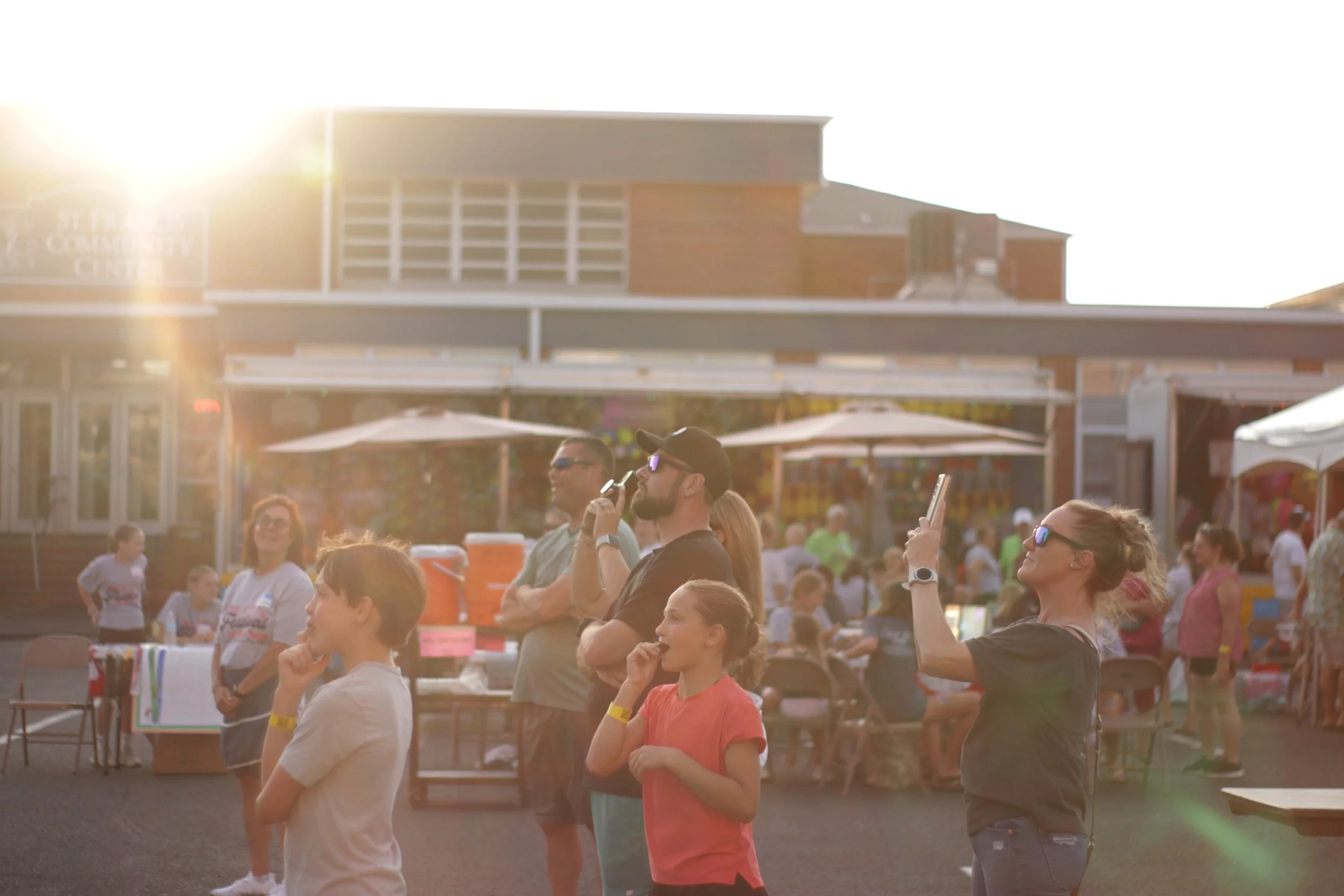No Greater Commandment and Voting
Fr. Francis Di Spigno, OFM,
Pastor
Letter from the Pastor
Thirtieth-First Sunday in Ordinary Time
Nov. 3, 2024
Today’s readings remind us that the greatest commandments are to love God with all your heart, soul, mind, and strength and to love our neighbor as ourselves. There is nothing more important than that. Of course, things are never quite that simple. Oh, that they were.
For the past few weeks at Sunday Mass, I have been praying Eucharist Prayer For Reconciliation II. Sadly, when, as a nation, we are about to embark on one of our most privileged rights as citizens, the right to vote, we are constantly reminded that the country is divided and anxious. After the election half of the country will be very upset or perhaps even terrified and the other half will be very happy, and most likely, relieved, but we will remain divided. Praying the Eucharistic Prayer for Reconciliation II is an attempt to remind us that no matter where we stand on Election Day, we must stand united as Christians on Sundays and every day. In the Preface, the prayer before the Holy, Holy, we pray:
“By your Spirit you move human hearts so that enemies may speak to each other again, adversaries join hands, and peoples seek to meet together. By the working of your power, it comes about, O Lord, that hatred is overcome by love, revenge gives way to forgiveness, and discord is changed to mutual respect.” The prayer continues, “Holy Father, we humbly beseech you to accept us also, together with your Son, and in this saving banquet graciously to endow us with his very Spirit, who takes away everything that estranges us from one another.”
There is no denying that this election is an important one. Many things hang in the balance and the direction of the country will be determined by the one who wins. As a people of faith, let us be reminded that our faith remains in Jesus and not in any political leader. Nonetheless, we must vote.
The United States Conference of Catholic Bishops [USCCB] has compiled a number of resources to help inform our conscience as we prepare to vote on Tuesday. The primary document is Forming Consciences for Faithful Citizenship [link is below]. A well-formed conscience is foundational when we vote. The Pastoral Constitution on the Church in the Modern World (Gaudium et Spes – Joy and Hope) defines our conscience as our “most secret core, and sanctuary. There [we] are alone with God, whose voice echoes in [our] depths. By conscience, in a wonderful way, that law is made known which is fulfilled in the love of God and one's neighbor" (16). FCFC speaks of the church’s “timeless principles; the infinite worth and dignity of every human life, the common good, solidarity, and subsidiarity.” These main tenets of Catholic Social Teaching continue to be our moral barometer when trying to navigate through our turbulent social climate. As we would expect, FCFC challenges the painful reality of abortion in our culture. That challenge is rooted in the church’s recognition that the dignity of the human person is paramount. The guidelines also address the grave issues of euthanasia, gun violence, terrorism, the decline of the family, threats to religousthe death penalty, and human trafficking, the suffering of migrants and refugees, wars, famines, racism, and care for our common home. All are seen as threats to the dignity of the human person.
As we all struggle to these difficult times we remain faithful followers of Christ and continue to strive for the unity Christ prayed, “That they all may be one…” [Jn 17:21]
Peace and All Good!
https://www.usccb.org/resources/forming-consciences-faithful-citizenship-pdf
Fr. Francis J. Di Spigno, OFM
Pastor ALSO:








